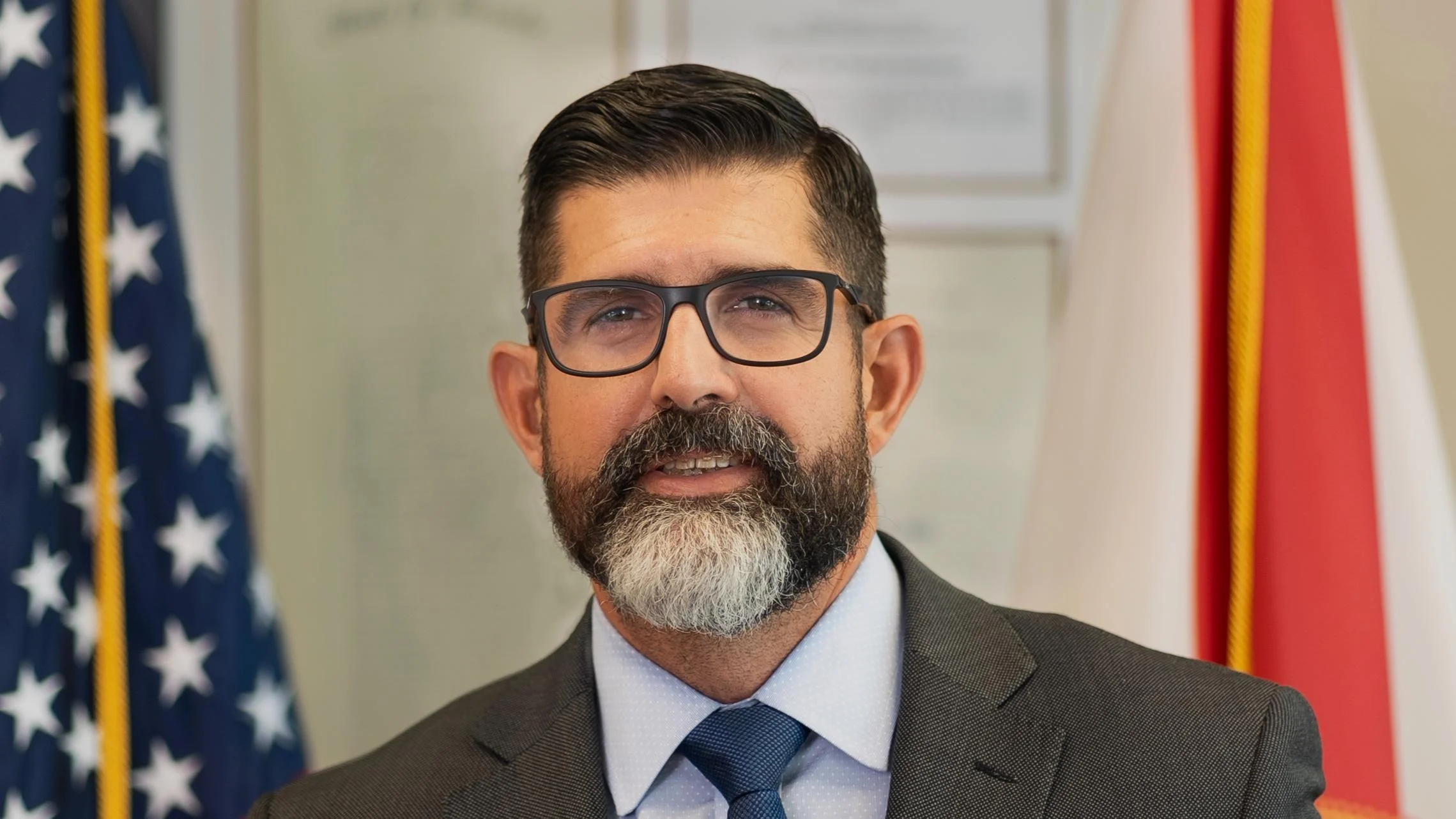
Connie Holthusen Senior Sales Manager | EdSurge Research
The Supreme Court recently issued a decision in the case of St. Isidore of Seville Catholic Virtual School v. Drummond, which involved a contested charter grant for a religious virtual charter school in Oklahoma. The case examined issues related to the separation of church and state and the nature of charter schools.
St. Isidore argued that denying their school a state public charter constituted religious discrimination. Meanwhile, Oklahoma State Attorney General Gentner Drummond contended that granting such a charter would be unconstitutional under both federal and state laws due to the school's intention to provide religious instruction.
William Koski from Stanford Law School’s Youth and Education Law Project explained that this case followed several Supreme Court decisions that had previously struck down attempts to exclude religious entities from public benefits based on religion.
The Supreme Court reached a 4-4 decision after Justice Amy Coney Barrett recused herself, resulting in the lower court's ruling being upheld. This previous decision supported Attorney General Drummond's argument against granting the charter.
For advocates of charter schools, this outcome was seen as favorable. Starlee Coleman, president of the National Alliance for Public Charter Schools, stated that "[P]ublic charter schools are just that, public," emphasizing accountability to taxpayers while expanding family options.
However, opponents of school choice initiatives also felt encouraged by this decision. Prior to the ruling, there was concern within the charter school movement about potential repercussions if St. Isidore had won, potentially leading to increased legislative efforts against charters.
Derrell Bradford from 50CAN noted that even a narrow victory for St. Isidore could have led to significant challenges for charter schools by altering their classification as public or private institutions.
Eric Paisner from the National Alliance for Public Charter Schools highlighted concerns over funding mechanisms and employee benefits should charters be classified as private entities.
Despite this ruling providing some clarity for public charters, private voucher advocates continue their efforts nationwide with legislation such as House Republicans’ reconciliation bill proposing national voucher programs still progressing through Congress.





 Alerts Sign-up
Alerts Sign-up